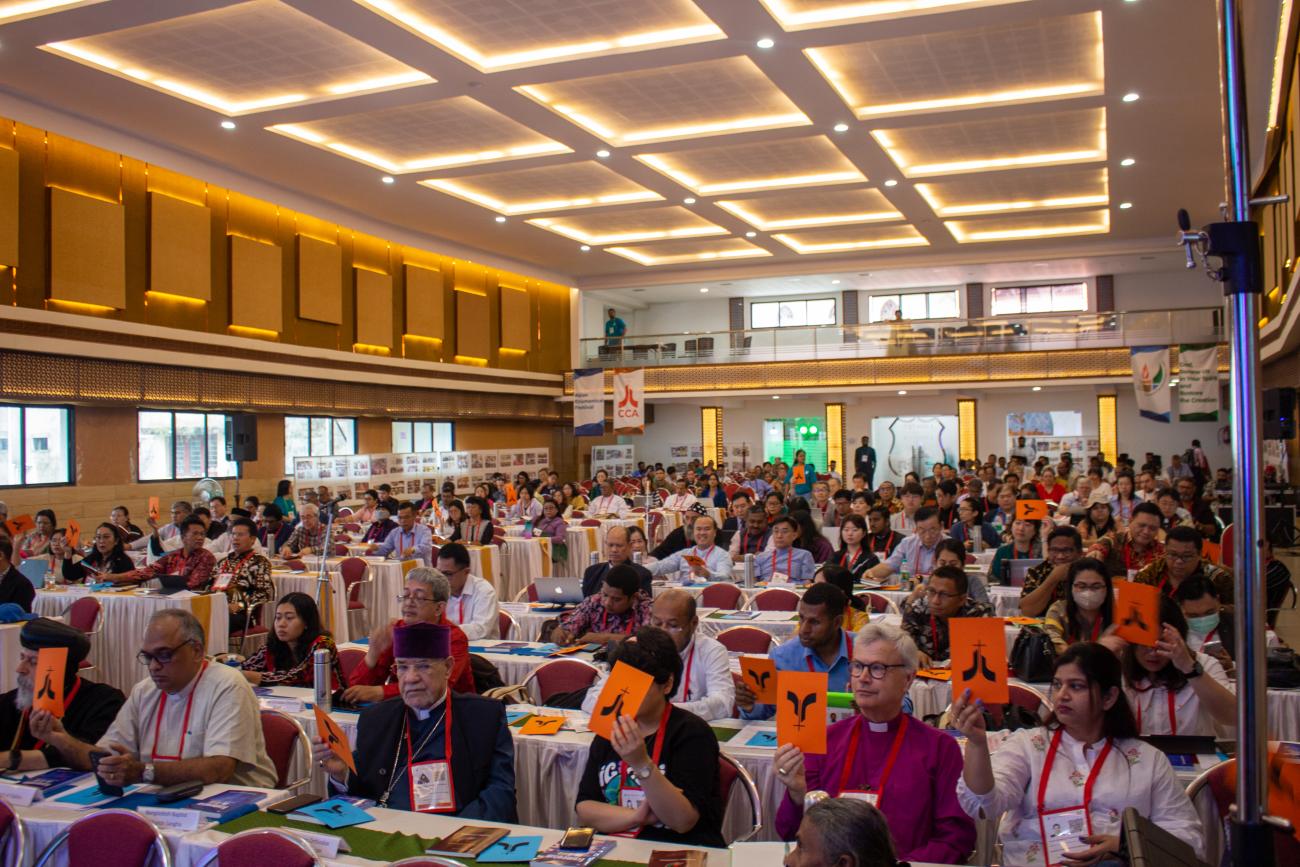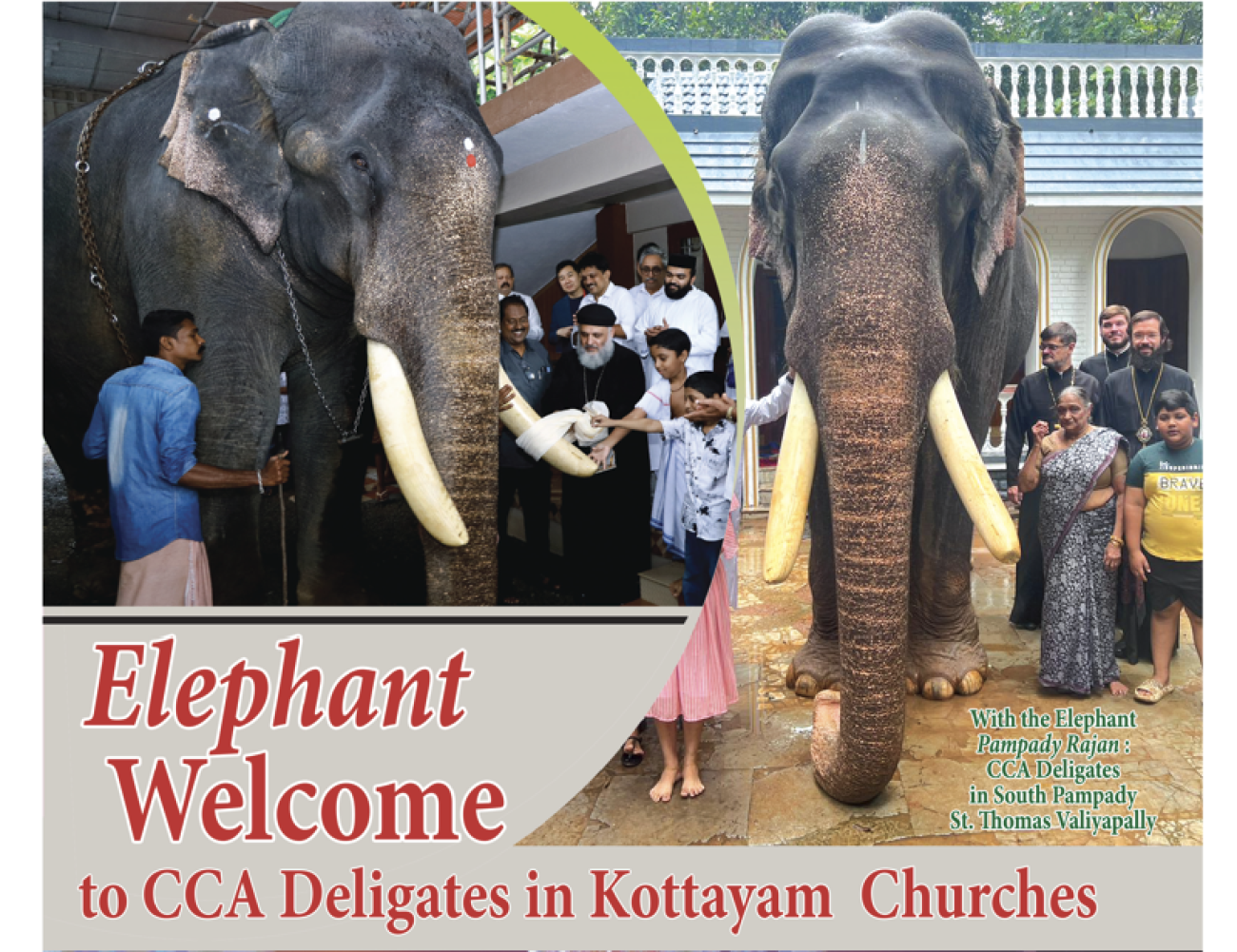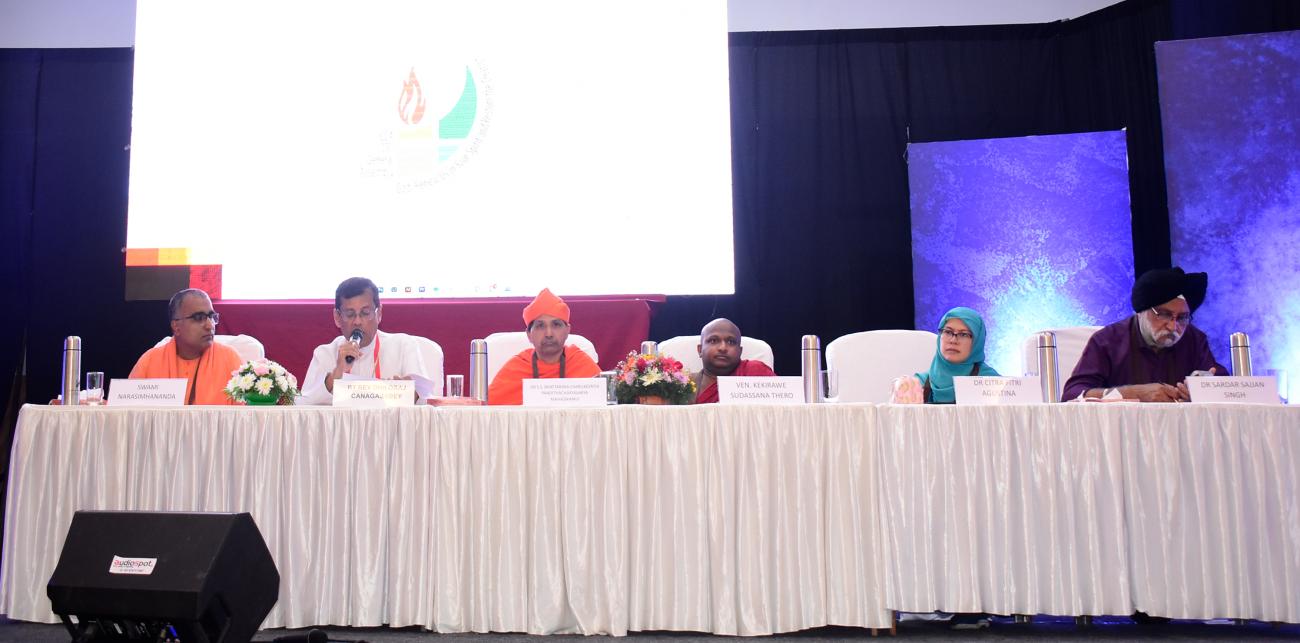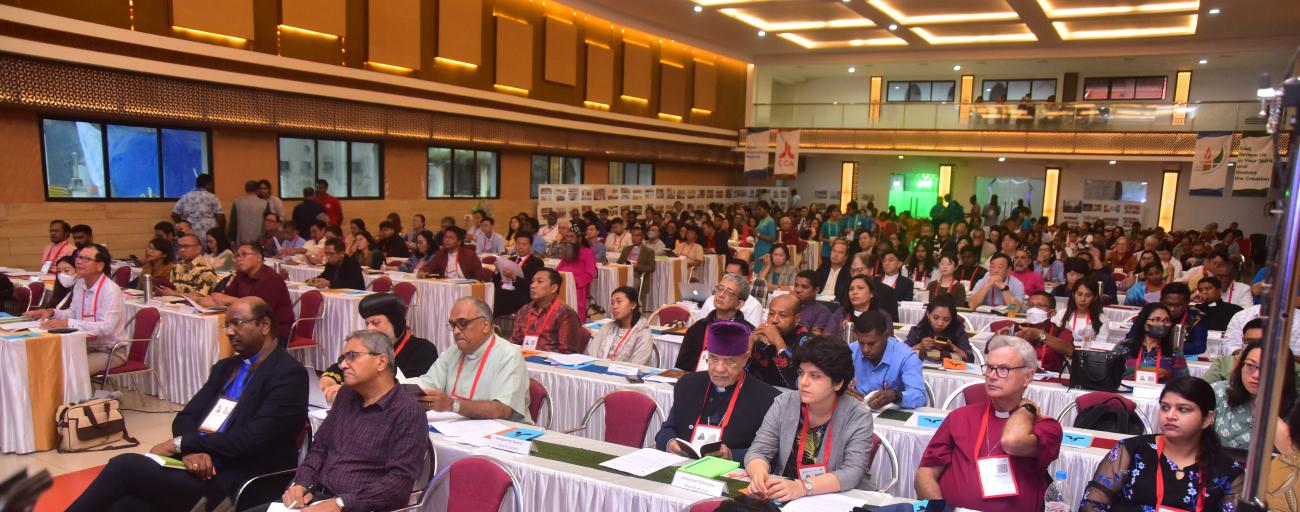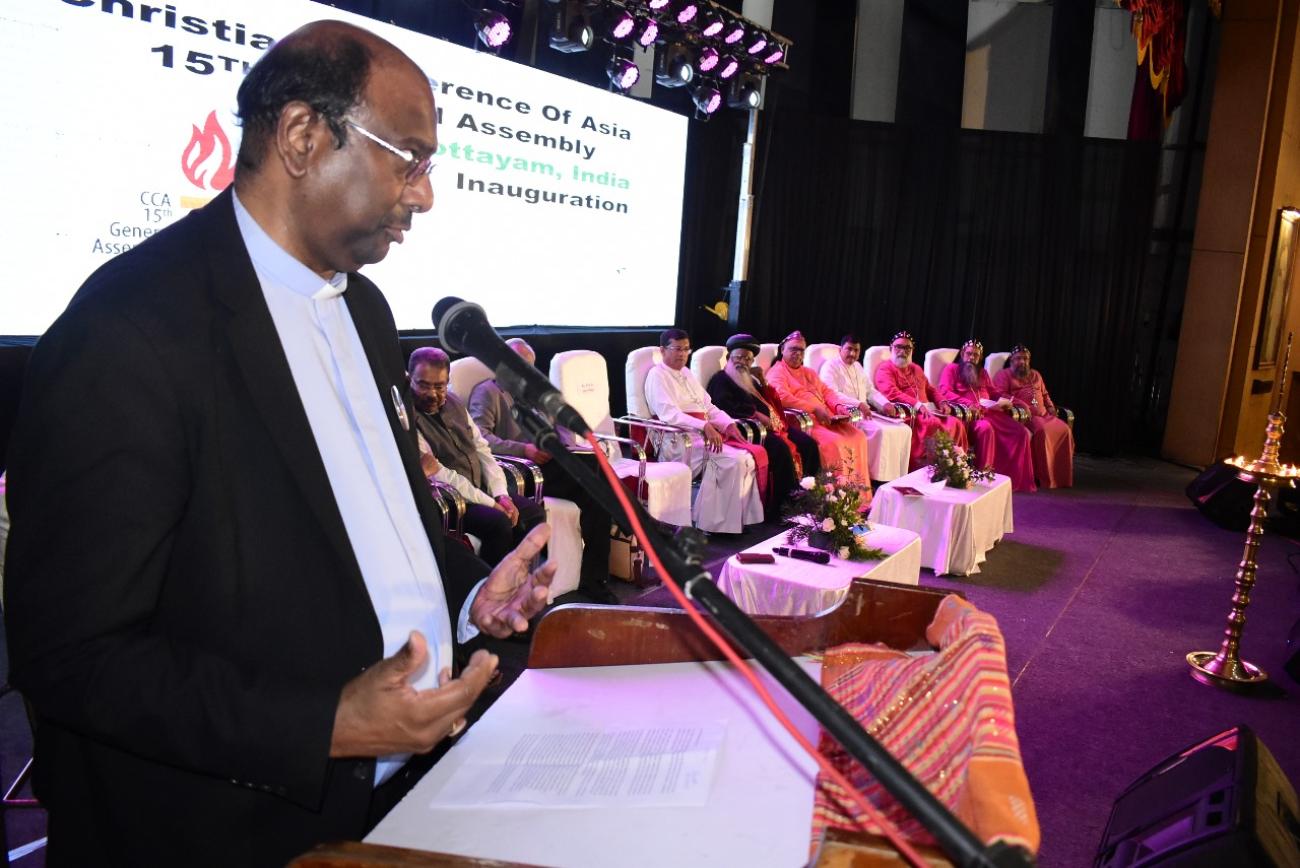Advocacy strategies developed for preventing rise of HIV among gender and sexual minorities in Timor Leste
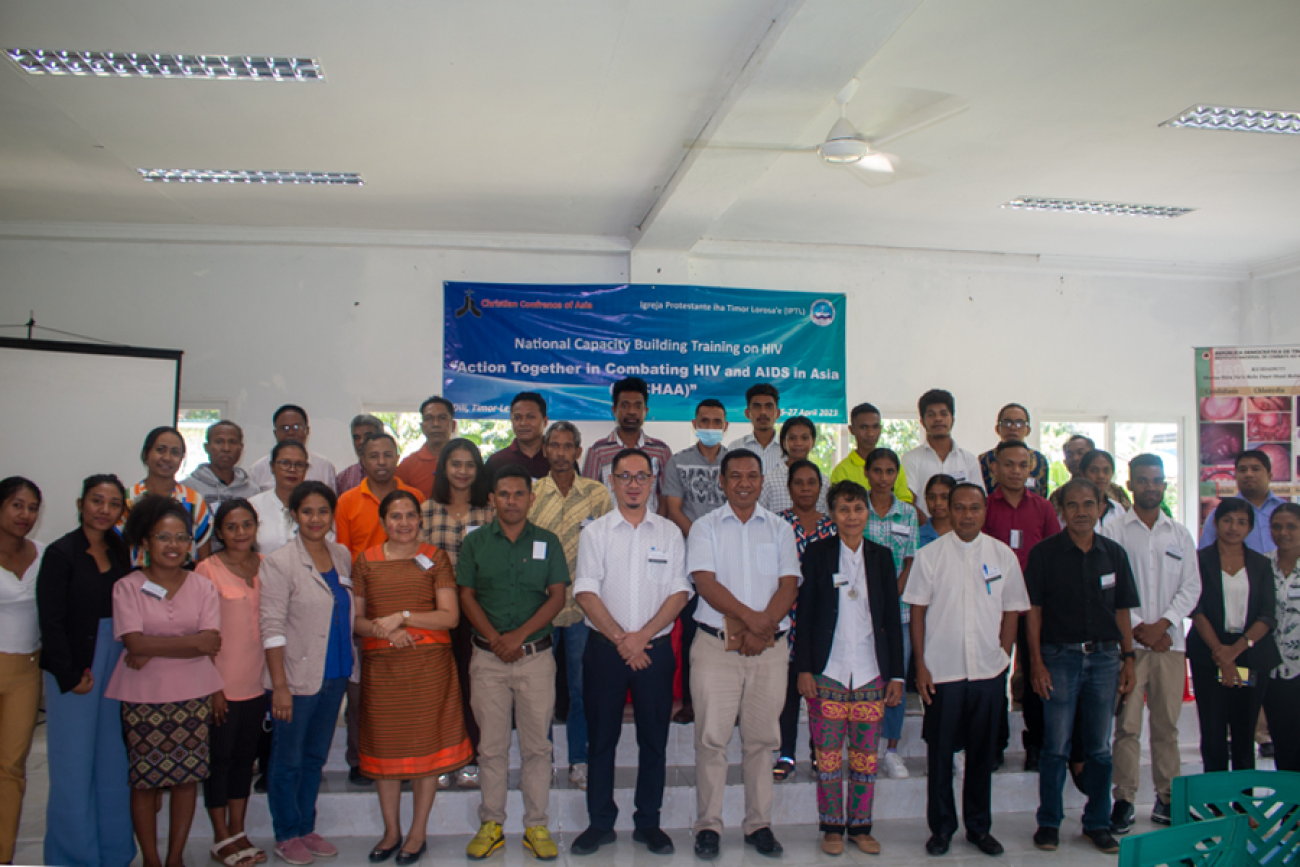
Participants of the capacity building training in Timor Leste with the Director General of National AIDS Control programme and the leadership of IPTL
Dili, East Timor: A three-day capacity-building training organised by the Christian Conference of Asia (CCA) identified the urgent need and priority to combat the alarming increase in new HIV incidences amongst gender and sexual minorities in Timor Leste. Gender-based violence and increase in commercial sex work was highlighted as a matter of concern in the country.
The CCA organised the programme in collaboration with its member church, the Protestant Church in East Timor (IPTL). The training focused on the role of churches’ advocacy to combat HIV and AIDS in the country, as well as prevention, care, and support for people living with HIV (PLHIV).
Thirty participants from across the country attended the capacity-building programme held from 25 to 27 April 2023.
The programme was inaugurated by the Moderator of IPTL, Rev. Dominggus Alves, and chaired by the General Secretary, Rev. Juliana Temparaja. Rev. Alves stressed the need for the churches to grapple with the increase of new HIV cases in a small country like Timor Leste, which could be devastating if not halted as early as possible. He said that the national programme was organised as a follow-up of an international training programme that the IPTL General Secretary and the Moderator attended at the CCA Headquarters in Chiang Mai, Thailand.
The Director General of National AIDS Control Programme of the Government of Health in Timor Leste, Atanasio de Jesus, presented the current scenario and prevalence of HIV in Timor Leste; with facts such as the alarming increase in incidence among housewives in the country, and among the younger age group of 15–24.
Mr de Jesus emphasised the need for people to get tested to know their status, and that churches could lead the way in reducing the stigma connected to testing.
The participants were given the opportunity for testing at the training site provided by the government department of health. The testing was voluntary and led by the Moderator of the IPTL.
The participants also visited the Estrela Plus centre, an organisation that supports and empowers people living with HIV (PLHIV).
Ines Sermento Lopes from Estrela Plus shared the stigma index assessment conducted in Timor Leste. According to Ms Lopes, stigma was still very high in the country and many PLHIV faced discrimination in their own homes, and that lack of awareness, myths, and misconceptions increased stigma within the community. A pertinent issue Ms Lopes brought up was the discontinuation and decline in people seeking antiretroviral treatment, instead of which many were taking treatment from traditional healers in the country.
Rev. Leny HF Mansopu of the Protestant Evangelical Church in Timor (GMIT) and Yusafad Ician of CD Bethesda YAKKUM, Indonesia, shared their experiences of working with PLHIV in west Timor and discussed ways of collaboration, especially for enhancing access to treatment on the island.
The participants identified the strengths of the church in addressing important factors like stigma and discrimination faced by PLHIV in Timor Leste. They also developed action plans and strategic interventions aimed at raising awareness and care for PLHIV.
The IPTL Moderator, in his closing remarks, said that IPTL had put in place a strategic plan for the church to address HIV and AIDS and submit recommendations to the government with regard to incorporating basic sexual and reproductive health education in the school curriculum.
Feedback from the participants was obtained through pre- and post-training questionnaires in order to assess the gain in knowledge and change of attitude towards PLHIV.
The capacity building training was conducted as part of the CCA’s ongoing special programme, the Action Together to Combat HIV and AIDS in Asia (ATCHAA), and was coordinated by CCA staff Dr Ronald Lalthanmawia and Ms Yuliana Benu.


